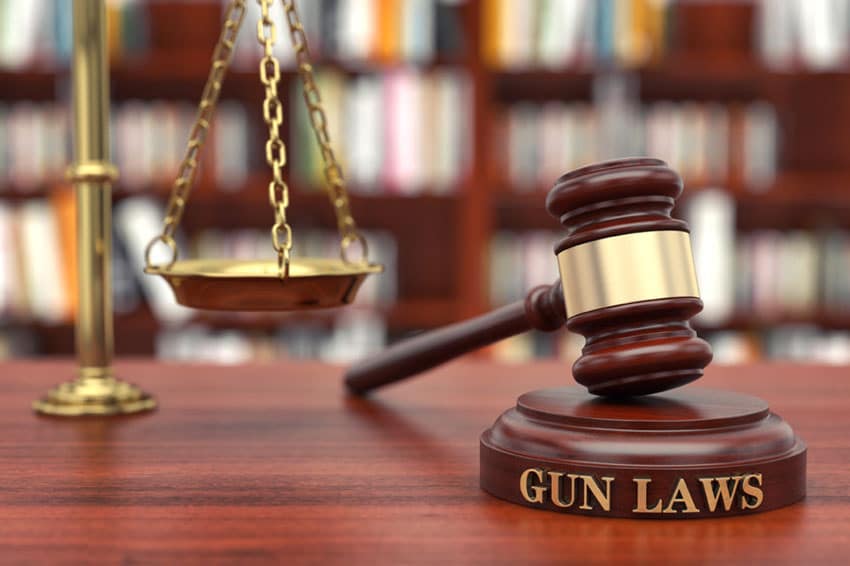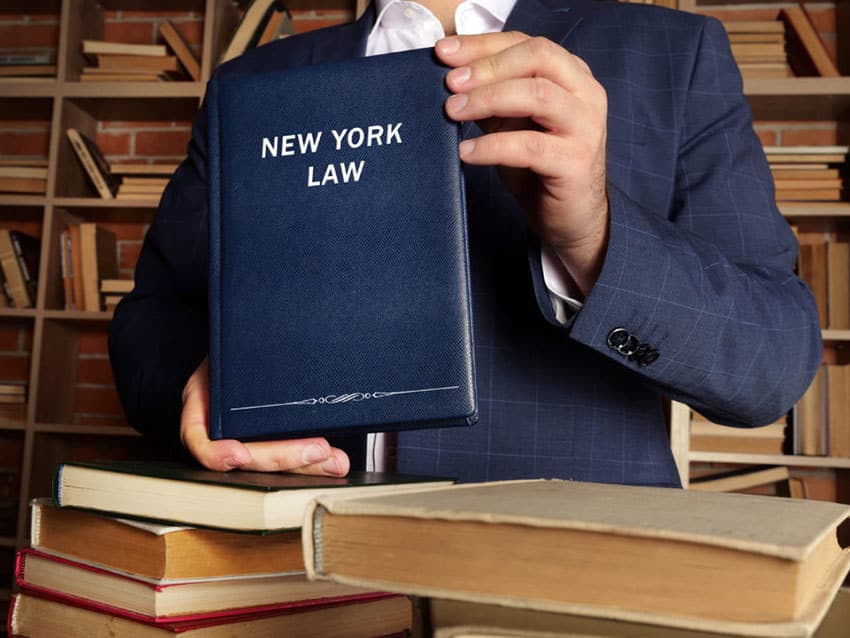An appellate court in the Ninth Circuit recently issued a ruling that could have repercussions in New York and around the country. The issue had to do with guns, and the ability of their sales to be regulated by local ordinances.
Drawing a Line Against Gun Sales
In one California county, a trio of men wanted to open a gun shop, and found a property which they believed to be more than 500 feet–or the length of nearly two football fields–from a home, a school, a daycare center, a bar, and other protected businesses under a county regulation. When the nearest home was measured to be within the 500 foot zone, the men filed suit, claiming that their Second Amendment rights were being violated by the county rule.
The normal level of deference which is given to rules of this nature is known as “rational basis.” Guns are dangerous, and someone who wants a gun should not be able to acquire one near children or places where a gun might cause havoc. If the county can articulate their reasons for having this ordinance, this is often presumed to be the rational basis needed.
But the three men claimed that a Constitutional right such as gun ownership demands a higher level of scrutiny than the county’s say-so. They claimed that “intermediate scrutiny” of the county’s ordinance was required, in order to effectively infringe upon the Second Amendment, which states that the rights to bear arms “shall not be infringed.”
The Appellate Court’s Ruling
In a 2-1 ruling, the appellate court determined that the argument of the three men warranted a heightened level of scrutiny in order to pass Constitutional muster. The trial court had found that protecting public safety, through the mechanism of a ban on gun sales, was an important function of government and was thus permissible. The dissenting judge referred to the matter as a zoning issue, dressed up as a Constitutional one. In other words, the county’s right to a pass zoning law should not be overruled by the courts.
The majority opinion took a different approach. In its ruling, the Court compared the rights provided in the Second Amendment to the rights guaranteed under the First Amendment. Had the county sought to infringe upon First Amendment rights, there would need to be something more than a rational basis shown by the government seeking to enact these bans. The Court claimed that Second Amendment rights are deserving of the same protections as First Amendment rights.
Governments Must Make Their Case
The case has been returned to the lower court, where the government must provide evidence that the restriction on gun sales actually protects public safety. This is a bar which governments did not have to meet before, and it suggests that similar zoning ordinances could be challenged in other places, as well. Whether governments can meet this level of increased scrutiny remains to be seen, but one court–at least–has ruled that they must at least try.
Have a criminal charge in New York? Let our team offer you a free case consultation anytime.
DISCLAIMER: The exclusive purpose of this article is educational and it is not intended as either legal advice or a general solution to any specific legal problem.











